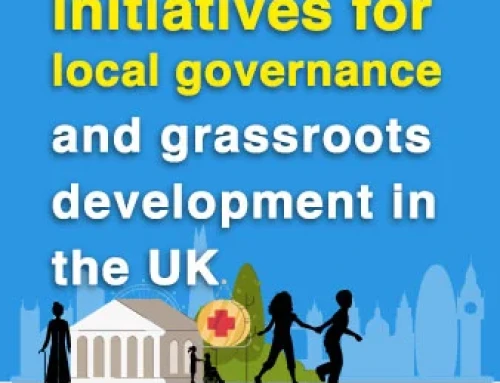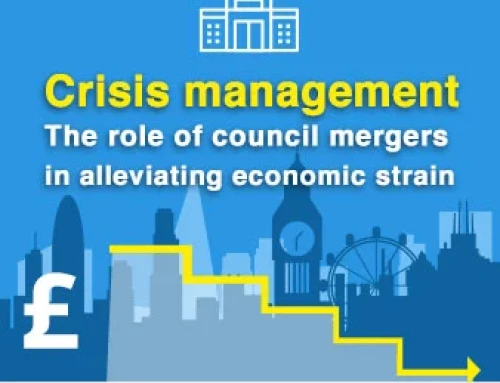Will working time regulations for mobile workers be
affected after Brexit?
It has been few months to the announcement of the epic “Brexit” phenomenon. Everyone is yet busy guessing around the aftermath of Brexit on the business scenario so as to plan an accurate strategy for future. Nothing is concrete about how things will turn around now! But there have been numerous guesses, hopes, fears and predictions related to this change. As recently the Prime Minister has given estimated timeframes of when the Article 50 will be triggered and the cessation of UK’s European Union membership, we can start looking at rules and regulations that may replace existing EU ones.
It is going to take atleast 2 years to complete the exit negotiations and begin with an independent step. Till now, the United Kingdom legislation has been synced with the European Laws. The UK referendum and consequent Brexit results have now raised a concern for the field service mobile workers as to how things will reshape for them. As such, the EU protection laws echo high criterions for good employee relation practices and that’s why they have been appreciated by the working people.
The working time regulations for mobile workers have been limited to an average of 48 hours per week. Also, night work is restricted to 10 hours per night unless there is a workforce agreement with the employer to work longer. In addition to this, the European Court of Justice (ECJ) passed a ruling relating to the Working Time Directive for the safety and benefit of mobile workers which states that-
“The journeys made by workers without fixed or habitual place of work between their homes and
the first and last customer of the day constitute working time.”
The decision got positively welcomed by the wide category of workers who were affected by it for all good reasons. For instance, the service engineers, field sales operatives, gas fitters, repairers, homecare workers, mobile healthcare workers, technicians, cleaners, and other site-oriented workforces had a sigh of relief with this word. Meanwhile, many British employers did not really like the idea of giving power to the employees in this way.
The UK has more or less conventionally opposed the easy-going employee-friendly employment laws. Now with the Brexit in effect, there is a reason to worry if the employee-friendly ruling regarding the working hours, annual leaves, wages, and shifts stays or repeals completely or significantly in the new UK legislation.
While we may anticipate many things, the eventual effect will be observed around the early months of 2019. Following the technology trends and coping up with the market and economic volatility, field service organisations have reserved the help of comprehensive mobile workforce management solutions. In essence, it benefits the organisation by not having to recruit more workers instead optimise the administration and facilitate the existing workers to complete all their work whilst they are in the field.
As a matter of fact, an intuitive mobile workforce platform reduces the burden of travel with capabilities like smart scheduling, auto-routing, risk minimisation and safety features, offline integration, sharing images and records, all done via mobile apps. This helps to comply with the legal compliance, reduce the influence of financial crisis and maintain the profit revenues.
The uncertainties shall yet continue, but it is advisable for the organisations and the employees to prepare themselves to meet the new requirements. Do share your views! Let’s hope for a brighter dawn ahead! Stay connected to us via our Facebook, Twitter and LinkedIn for more updates!
Make your move now!
iTouchVision is one of the world’s leading cloud-based service provider with innovation & excellence at its base. The company has made its presence in all business verticals with its technical & operational capabilities to enhance the working of private & public sector organisations. Our products, ranging from Web-based software to Mobile applications have made their mark globally to transform the way work is completed.





